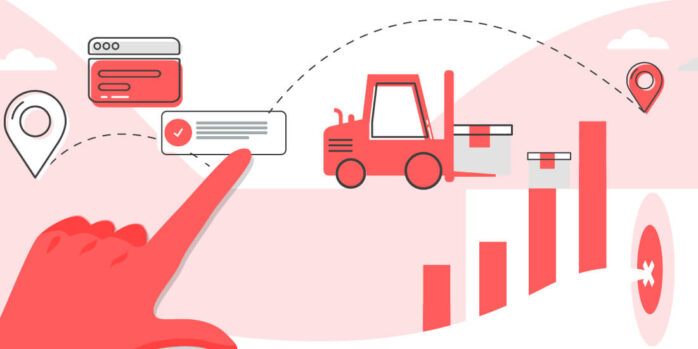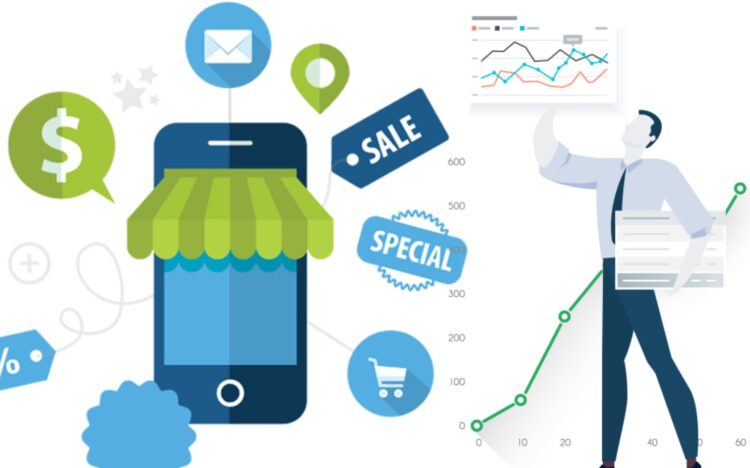
Table of Contents
- Introduction
- The Complexity of Ecommerce Fulfilment
- The Advantages of Outsourcing Ecommerce Fulfilment
-
- Cost Savings
- Scalability
- Expertise and Efficiency
- Focus on Core Competencies
- Access to Advanced Technology
- Choosing the Right Fulfilment Partner
- Implementing TSP Fulfilment for Enhanced Efficiency
- Case Study: The Impact of Outsourcing Ecommerce Fulfilment
- Conclusion

Introduction
In the ever-expanding world of ecommerce, staying competitive requires a strategic approach to fulfilment. As the backbone of online retail, fulfilment processes play a pivotal role in delivering exceptional customer experiences. One of the crucial decisions ecommerce businesses face is whether to handle fulfilment in-house or outsource it to a third-party provider. In this comprehensive guide, we will explore the intricacies of outsourcing ecommerce fulfilment and uncover the key benefits it offers. From cost savings to scalability and expertise, we will explain why outsourcing fulfilment can be a game-changer for your ecommerce venture.
The Complexity of Ecommerce Fulfilment
Before delving into the advantages of outsourcing fulfilment, it’s essential to understand the complexities involved in managing ecommerce fulfilment in-house. Ecommerce fulfilment encompasses a range of activities, including inventory management, order processing, picking and packing, shipping, and returns handling. Here are some of the challenges businesses face when handling these processes internally:

1. Inventory Management
Maintaining optimal inventory levels while avoiding overstocking or stockouts can be a daunting task. Inaccurate inventory management can result in lost sales or unnecessary holding costs.
2. Order Processing
Efficient order processing requires a seamless system to receive, verify, and route orders to the right locations for picking and packing. Manual processes are prone to errors and delays.
3. Picking and Packing
Picking items accurately and packing them securely is crucial for customer satisfaction. Managing these processes efficiently is essential for on-time deliveries.
4. Shipping
Choosing the right shipping options, optimizing shipping costs, and ensuring timely delivery can be challenging. Different customers may have varying delivery preferences.
5. Returns Handling
Processing returns, inspecting returned items, and managing refunds or exchanges require meticulous attention to detail and can be time-consuming.
The Advantages of Outsourcing Ecommerce Fulfilment
Outsourcing ecommerce fulfilment to a third-party provider offers several significant advantages that can help businesses overcome the complexities and challenges of managing fulfilment in-house. Here are the key benefits explained:

1. Cost Savings
Outsourcing ecommerce fulfilment can lead to substantial cost savings. Third-party fulfilment providers often have established networks and partnerships, enabling them to negotiate better shipping rates and reduce shipping costs. Additionally, you can save on labour costs, warehouse space, and technology investments associated with in-house fulfilment.
2. Scalability
Ecommerce businesses frequently experience fluctuations in order volumes, especially during peak seasons. Outsourcing fulfilment allows you to scale your operations up or down quickly to meet changing demand without the burden of managing temporary staff or additional warehouse space.
3. Expertise and Efficiency
Fulfilment providers specialize in their field and have the expertise to optimize every aspect of the fulfilment process. They use best practices, advanced technologies, and efficient workflows to ensure orders are processed accurately and swiftly. This expertise translates into improved order accuracy, faster deliveries, and enhanced customer satisfaction.
4. Focus on Core Competencies
Outsourcing fulfilment frees up your time and resources to focus on your core competencies, such as marketing, product development, and customer service. You can allocate your energy to growing your business and building your brand while leaving fulfilment operations in capable hands.
5. Access to Advanced Technology
Fulfilment providers typically invest in cutting-edge technologies to streamline operations. By outsourcing, you gain access to these advanced tools and systems without the upfront costs of implementing them in-house. This includes inventory management software, order processing systems, and real-time tracking capabilities.
Choosing the Right Fulfilment Partner
Selecting the right fulfilment partner is crucial to realizing the benefits of outsourcing. Here are some key considerations when choosing a fulfilment provider:

- Experience: Look for a provider with a proven track record in ecommerce fulfilment.
- Technology: Ensure the partner uses advanced technology for accurate and efficient order processing.
- Scalability: Confirm that the provider can handle your current needs and scale with your business.
- Location: Consider the location of fulfilment centers in relation to your customer base for timely deliveries.
- Customer Service: Good communication and support are essential for a successful partnership.
- References: Ask for references and check reviews from other businesses that have worked with the provider.
Case Study: The Impact of Outsourcing Ecommerce Fulfilment
To illustrate the real-world impact of outsourcing ecommerce fulfilment, let’s examine a hypothetical case study:
XYZ Electronics – Thriving Through Outsourcing
XYZ Electronics, an online retailer specializing in electronics and gadgets, was facing fulfilment challenges. Managing their growing inventory, processing orders efficiently, and optimizing shipping costs were becoming increasingly complex. They decided to outsource their fulfilment to a reputable third-party provider:

1. Cost Savings
By partnering with a fulfilment provider with negotiated shipping rates and optimized processes, XYZ Electronics reduced their fulfilment costs significantly. This allowed them to reallocate resources to marketing and product development.
2. Scalability
During holiday seasons and sales events, XYZ Electronics experienced a surge in order volumes. Their fulfilment partner seamlessly scaled operations to handle the increased demand, ensuring timely deliveries.
3. Expertise and Efficiency
The fulfilment provider’s expertise and efficient workflows led to improved order accuracy and faster processing times. Customers received their orders promptly, leading to higher satisfaction and repeat business.
4. Focus on Core Competencies
With fulfilment operations off their plate, XYZ Electronics dedicated more time and energy to expanding their product range and enhancing customer support. This strategic focus contributed to their growth and success.
5. Access to Advanced Technology
XYZ Electronics gained access to the fulfilment provider’s state-of-the-art technology, including real-time order tracking and inventory management systems. This improved visibility and control over their fulfilment operations.

Conclusion
Outsourcing ecommerce fulfilment is a strategic move that can lead to cost savings, scalability, improved efficiency, and a greater focus on core competencies. By partnering with a reputable fulfilment provider and considering the principles of TSP Fulfilment, businesses can elevate their ecommerce operations and provide exceptional customer experiences. As the ecommerce landscape continues to evolve, outsourcing fulfilment remains a viable strategy to stay competitive and thrive in the dynamic online retail environment.











